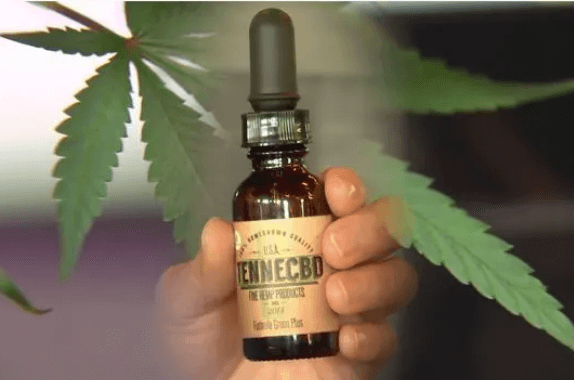Is Cbd Legal in Tennessee

The legal status of CBD in Tennessee presents a nuanced landscape that warrants careful examination. Under federal law, specifically the 2018 Farm Bill, CBD derived from hemp with less than 0.3% THC is permissible, and Tennessee has established its own regulatory framework for the cultivation and sale of such products. However, the intricacies of state regulations and the implications for consumers and retailers raise pertinent questions about compliance, safety, and market dynamics. This discussion invites exploration into the specifics of these regulations and their impact on access and quality in the state.
Overview of CBD Legislation
The legal landscape surrounding cannabidiol (CBD) in Tennessee is characterized by a complex interplay of state and federal regulations that govern its production, distribution, and use.
The Tennessee hemp industry has flourished, driven by the recognition of CBD’s potential medical benefits.
However, navigating the regulatory framework remains essential for stakeholders to ensure compliance and capitalize on the opportunities presented by this burgeoning market.
See also: Unveiling the Benefits of Harrelson’s Own CBD: A Comprehensive Guide
Federal Laws on CBD
Navigating federal laws on CBD requires an understanding of the 2018 Farm Bill, which legalized hemp-derived products containing less than 0.3% THC.
This legislation established a framework for the regulation of CBD at the national level.
It clarifies CBD legality, providing essential federal guidelines that govern production and distribution, while allowing for personal freedom in accessing hemp-derived products across the United States.
Tennessee State Regulations
Tennessee state regulations align with federal laws by permitting the sale and possession of hemp-derived CBD products that contain less than 0.3% THC, while also implementing specific guidelines for cultivation, manufacturing, and distribution within the state.
These hemp regulations emphasize the importance of CBD testing to ensure product safety and compliance, thereby promoting consumer confidence and fostering a regulated market for hemp-derived products.
Purchasing CBD Legally
Understanding the legal framework surrounding the purchase of CBD in Tennessee is essential for consumers seeking compliant and safe products in the market.
Various CBD product types, including oils, edibles, and topicals, are available for purchase.
Consumers can engage in online CBD shopping, ensuring they select reputable retailers that adhere to state regulations, thus promoting informed and responsible purchasing decisions.
Implications for Consumers and Retailers
The legal landscape for CBD in Tennessee carries significant implications for both consumers and retailers, influencing product availability, marketing strategies, and compliance requirements.
Retail challenges arise as businesses navigate regulations while ensuring consumer safety.
Consumers benefit from a more regulated market, yet they must remain vigilant about product quality.
Ultimately, understanding these dynamics fosters informed choices and promotes responsible retail practices.
Conclusion
In summary, the legal status of CBD in Tennessee aligns with federal regulations, allowing for the cultivation and distribution of hemp-derived products containing less than 0.3% THC.
The state’s regulatory framework ensures consumer safety and product quality.
An interesting statistic indicates that the sales of CBD products in the United States surpassed $4.6 billion in 2020, reflecting a growing market and increasing consumer interest in hemp-derived products.
This trend underscores the significance of continued regulatory oversight in this evolving industry.




